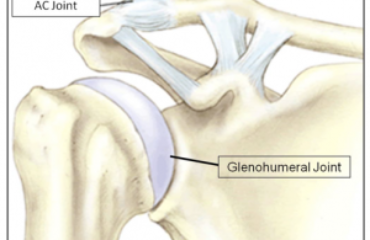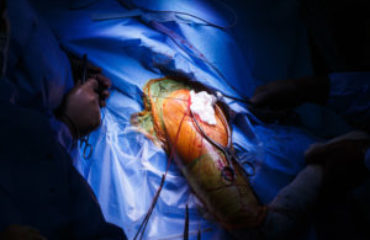Rotator cuff tears are among the most common sources of all shoulder pain. Sometimes, you might have just a minor tear, allowing you to turn to nonsurgical treatments for any pain that you might be experiencing. However, there are many individuals who cannot find relief from these options, necessitating the use of surgery with a Phoenix shoulder surgeon to correct the root cause of your discomfort.
What Can I Expect Following Surgery on my Rotator Cuff?
One of the largest drawbacks of having to undergo surgery for your rotator cuff injury is the fact that your shoulder can sometimes take longer to heal after your procedure, causing stiffness and pain for a period of time. There are also various potential outcomes that you might expect with rotator cuff repair surgery, meaning that you need to make yourself aware of what’s to come prior to your operation.
Although many surgeries are successful in helping a patient regain functionality in their shoulder, there are some that experience less satisfactory results. Therefore, potential outcomes to familiarize yourself with prior to surgery includes:
- Positive Outcome – As stated above, the majority of patients do experience less pain and improved strength after rotator cuff repair surgery, regardless of whether it was done as a mini-open repair, arthroscopy, or traditional open repair. Therefore, the scale of your injury and the surgery that it might require has little to do with whether or not you achieve a positive outcome.
- Negative Outcome – Unfortunately, rotator cuff repair surgeries can sometimes result in a less satisfactory outcome as well. Some of the major causes that can complicate your results include poor quality of your tissue or tendons, ignoring doctor’s orders while healing, advanced age, smoking and the use of other nicotine products, and sometimes even if you sustained a massive injury. This is not to say that you won’t experience some relief, however you won’t achieve the functional state that you might have without the existence of these factors.
Familiarize Yourself With Potential Complications
While all surgeries are accompanied with a certain level of risk, rotator cuff surgeries have various complications specific to this procedure alone. These complications are unusual but might include:
- Nerve Damage – The nerve responsible for the activation of your shoulder muscle, also known as the deltoid, might become damaged during surgery.
- Detachment of the Deltoid – The deltoid muscle is typically detached during surgery to allow your surgeon to access your rotator cuff more easily. As a result, you must be very careful following surgery as it can become easily detached once it is stitched back into place.
- Stiffness – Stiffness can settle in more permanently without rehabilitative therapy. Consequently, it’s very important to follow through on your treatment following surgery.
- Potential Re-Injury – If you had a large rotator cuff injury, there is an increased possibility that you will re-injure yourself. Intense pain or loss of functionality can indicate that this has happened, meaning that you will need surgery once again.
Knowing the Potential Outcomes Makes Your Rotator Cuff Repair Surgery Simpler
By familiarizing yourself with what’s to come and your potential outcomes, you can reduce your risk prior to surgery and after. As a result, your rotator cuff  repair surgery is likely to give you the positive outcome that you desire, restoring functionality to your shoulder.
repair surgery is likely to give you the positive outcome that you desire, restoring functionality to your shoulder.



